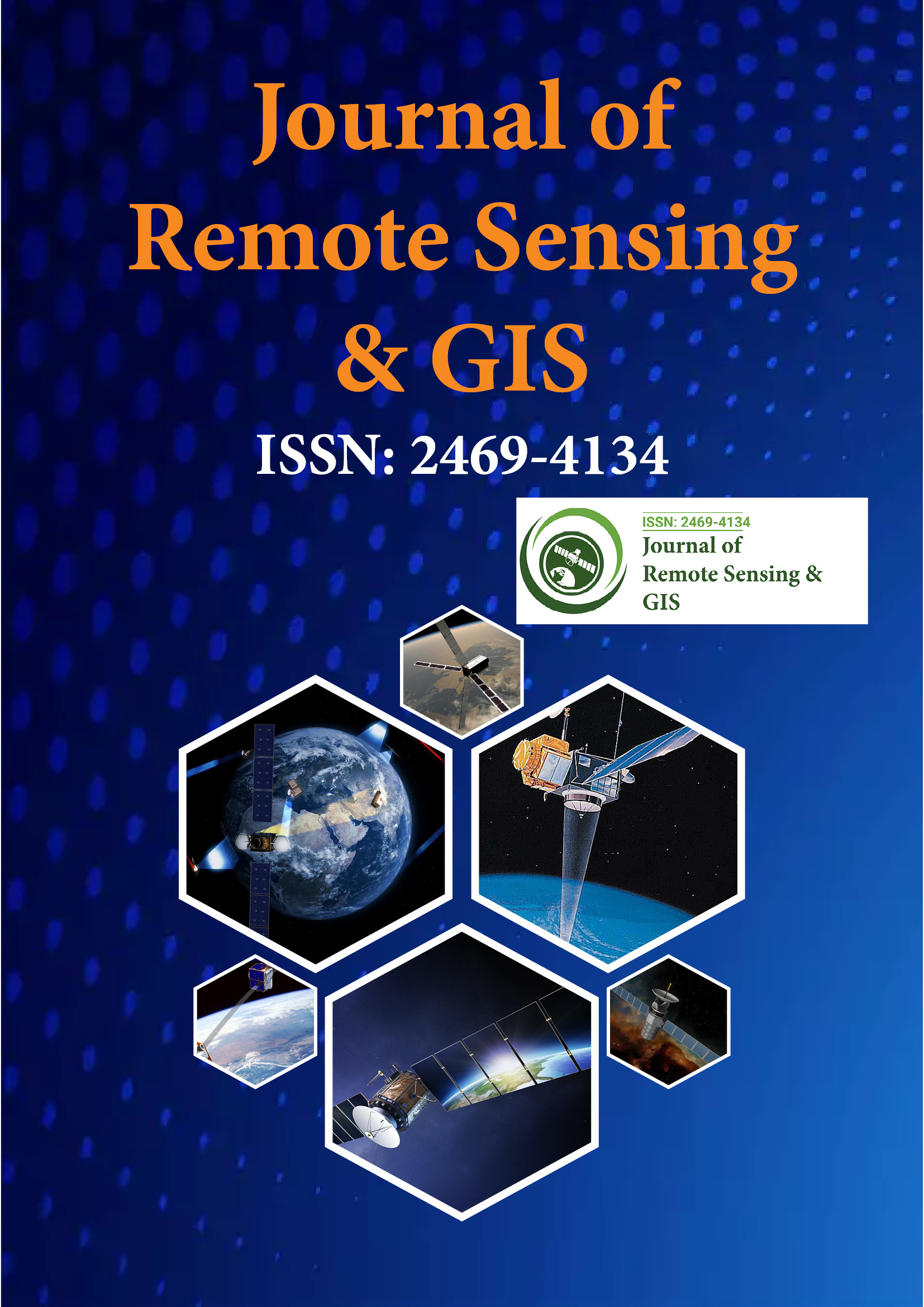Индексировано в
- Open J Gate
- RefSeek
- Университет Хамдарда
- ЭБСКО АЗ
- OCLC- WorldCat
- Паблоны
- Международная научная индексация
- Евро Паб
- Google Scholar
Полезные ссылки
Поделиться этой страницей
Флаер журнала

Журналы открытого доступа
- Биоинформатика и системная биология
- Биохимия
- Ветеринарные науки
- Генетика и молекулярная биология
- Еда и питание
- Иммунология и микробиология
- Инжиниринг
- Клинические науки
- Материаловедение
- медицинские науки
- Науки об окружающей среде
- Неврология и психология
- Общая наука
- Сельское хозяйство и аквакультура
- Сестринское дело и здравоохранение
- Управление бизнесом
- Фармацевтические науки
- Химия
Абстрактный
Повышение уровня моря и прибрежная уязвимость вдоль восточного побережья Индии с помощью геопространственных технологий
Малай Кумар Праманик, Сумантра Сарати Бисвас, Танушри Мукерджи, Аруп Кумар Рой, Рагхунатх Пал и Бисваджит Мондал
В исследовании подчеркивается локальная и региональная прибрежная уязвимость в контексте изменения климата, вызванного нынешним повышением уровня моря, с использованием данных об уровне моря и приливных датчиков, а также передовых геопространственных технологий вдоль восточного побережья Индии. Побережье является потенциальной зоной горячей точки, где был обнаружен непосредственный эффект повышения уровня моря. В настоящее время изменение климата вызвало глобальное потепление, таяние ледяных щитов и континентальных ледников, что постоянно повышает уровень моря, что приводит к таким стихийным бедствиям, как цунами, штормовые нагоны, тепловое расширение морской воды и циклоны. В исследовании использовалась глобальная ЦМР SRTM с разрешением 90 м для получения прибрежной высоты, зон риска затопления вдоль восточного побережья Индии. Сценарий повышения уровня моря был объяснен с помощью полиномиальной кривой 5-го порядка, которая также интерполирует и экстраполирует пробелы в имеющихся данных четырех приливных датчиков. Результаты показывают, что северная часть (регион дельты Ганга-Брахмапутра) побережья в основном затронута повышением уровня моря (4,7 мм в год), где регион Сундарбан является наиболее уязвимым регионом из-за более низкой высоты (колеблется от 0 до 20 м) и более высокого приливного влияния. Также Вишакхапатнам и Бхубанешвар имеют более высокую скорость повышения уровня моря соответственно 0,73 и 0,43, что увеличивает эрозионную активность и вероятный уровень затопления. Поскольку это исследование выявляет уровень уязвимости, оно помогает разрабатывать меры смягчения и адаптации в этих наиболее уязвимых районах к проблемам повышения уровня моря. Окончательные результаты поддерживают и предлагают планировщикам и лицам, принимающим решения, пространственную идентификацию будущих стратегий.